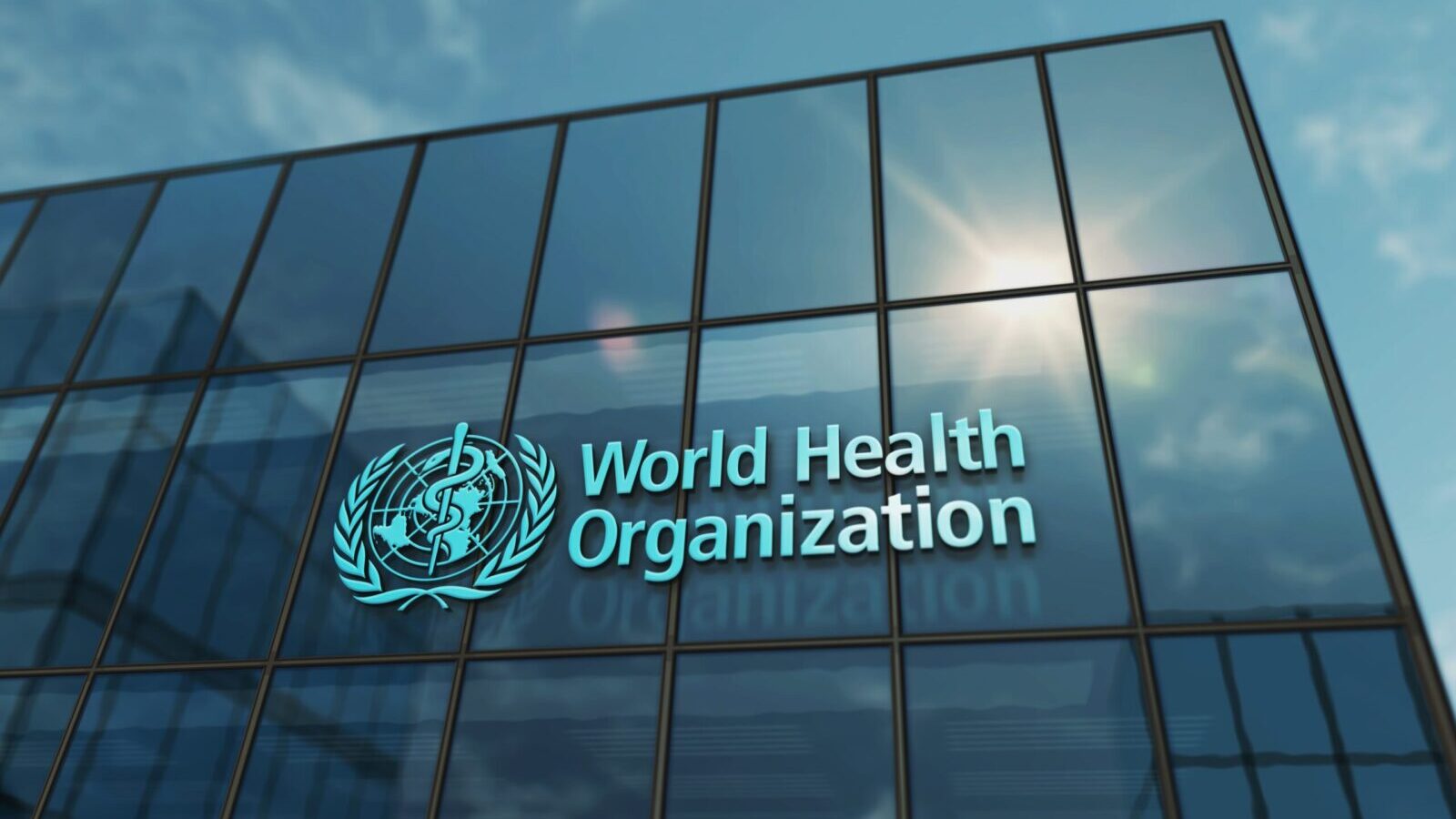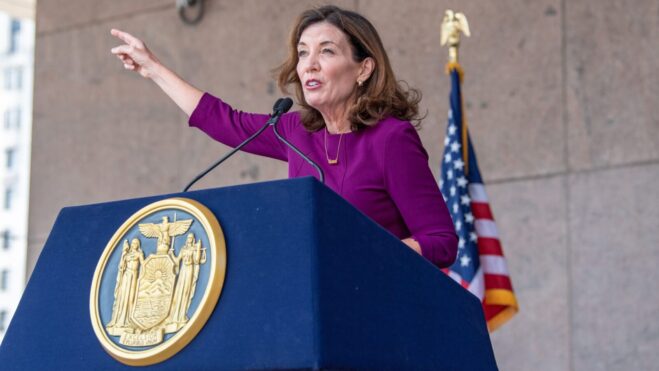World Health Organization Raises Global Alarm On Responsible Gambling
The group released a new report formally recognizing gambling as a significant public issue
2 min

Responsible gambling is a topic that is permeating every corner of the global gambling space, and the World Health Organization (WHO) is getting involved. In a new report on its website, the WHO makes a call for even greater attention and hints at playing a part in responsible gambling initiatives.
The WHO explains that gambling harm threatens progress toward global health and development goals, including the Sustainable Development Goals (SDGs) on health, inequality, and governance. Effective prevention and regulation are essential to mitigate its effects.
Through multisectoral action, increased awareness, and strong regulatory frameworks, governments and public health authorities can address responsible gambling better and protect communities worldwide.
Recognizing gambling as a significant public health issue, the WHO is working to address its impact. Efforts include developing improved diagnostic tools for gambling disorders and documenting best practices from jurisdictions with effective regulatory frameworks. The organization says a focus on low- and middle-income countries, where gambling is expanding most rapidly, is critical to ensuring global progress.
The WHO adds that while legal in many jurisdictions, gambling has significant public health implications, with estimates suggesting that 1.2% of the global adult population suffers from gambling disorders. The ripple effects extend far beyond individual gamblers, affecting families, communities, and societies.
A growing industry with hidden costs
The global gambling industry is expanding rapidly, with revenue projected to reach $700 billion by 2028, fueled largely by increased smartphone penetration in low- and middle-income countries.
This growth, however, comes at a cost. The WHO asserts that approximately 60% of gambling losses are attributed to individuals gambling at harmful levels, underscoring the exploitative nature of the industry.
Gambling harms manifest in various ways, including financial distress, mental health issues, family breakdown, and even suicide. A Swedish study revealed that individuals with gambling disorders are 15 times more likely to die by suicide than the general population.
In Australia’s Victoria region, gambling-related factors contribute to at least 4.2% of suicides. Beyond personal tolls, gambling is associated with societal challenges such as crime, corruption, and money laundering.
The rapid normalization of gambling
The normalization of gambling is being accelerated through commercialization and digitization. Sponsorships, marketing, and affiliations with sports and cultural activities contribute to its growing acceptance.
Gambling opportunities are increasingly accessible online and are available even in regions where gambling is prohibited. High-intensity products like electronic gaming machines and online wagering platforms pose heightened risks, particularly in disadvantaged communities where gambling outlets are disproportionately located.
For every person gambling at high-risk levels, according to the WHO’s assessment, an average of six others are adversely affected, including family members and peers.
Addressing the public health concerns
The WHO suggests several public health strategies to combat the harms associated with gambling, including:
- Banning gambling advertising and sponsorship: Reducing exposure, particularly for vulnerable groups like children.
- Mandatory account registration and loss limits: Requiring gamblers to set binding limits on spending and self-exclusion tools to curb harmful behavior.
- Strict product safety regulations: Setting maximum bet sizes and mandatory breaks in gambling sessions to mitigate risk.
- Regulating gambling providers: Ensuring compliance with laws through robust enforcement.
- Promoting counter-messaging: Highlighting the harms of gambling instead of solely glamorizing it.
According to the WHO, evidence suggests that voluntary measures, such as self-imposed loss limits, are largely ineffective, and universal, enforceable systems are more successful in curbing harmful gambling behavior.
Barriers to progress
Efforts to reduce gambling harm typically face resistance. Governments often rely on gambling for significant tax revenue, creating a conflict of interest. Meanwhile, industry lobbying and corporate political activities can shield gambling businesses from stricter regulations.
The research sector is not immune to industry influence, with funding and support shaping agendas and public policies.
The absence of a global consensus on gambling regulation compounds the challenge. Unlicensed and offshore gambling operations bypass national laws, undermining consumer protections and taxation. The WHO asserts that effective regulation will require international cooperation to share data, protect consumers, and capture lawful revenue.





